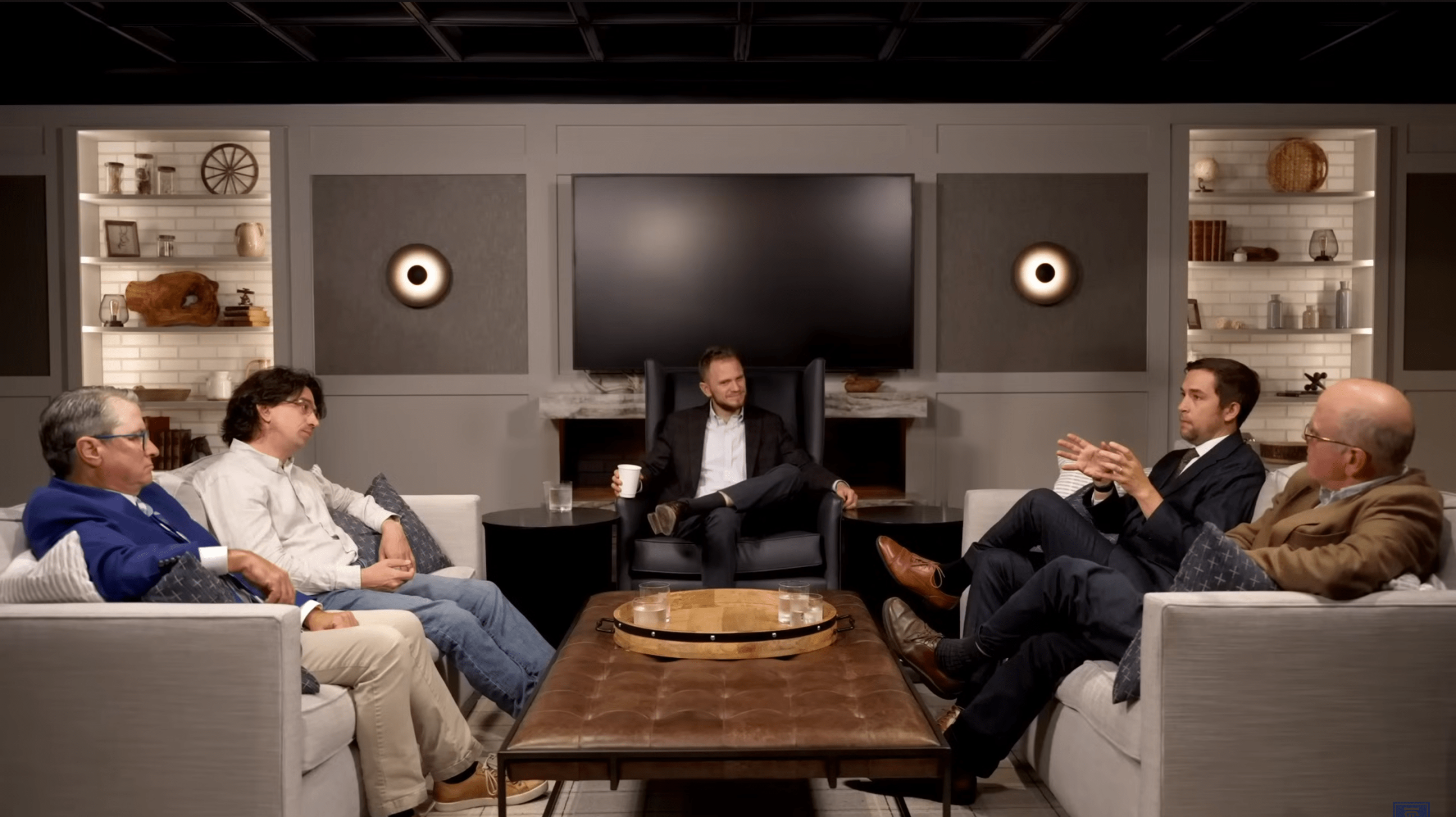The Intellectuals Shaping Trump’s Right Wing
A recent two-hour video roundtable, hosted by the Intercollegiate Studies Institute (ISI), a conservative organization, showcased a fascinating, and perhaps alarming, discussion among four prominent figures on the Trumpian right: tech monarchist Curtis Yarvin, political theorist Patrick Deneen, culture war activist Chris Rufo, and journalist Christopher Caldwell. The discussion, now available online, reveals the inner workings of a movement seemingly intoxicated by its own power and increasingly detached from mainstream political discourse. Before Donald Trump’s rise, only Caldwell held significant influence; however, each panelist has since become a key figure defining the pro-Trump coalition.
Wrestling with the Definition of Authoritarianism
The roundtable, rather than offering a unified ideology, highlighted a striking internal debate: how far should the right’s authoritarian leanings go? While all panelists expressed a dissatisfaction with existing liberal democratic structures, their approaches to dismantling and replacing them varied significantly. Yarvin, known for his advocacy of “technocratic” rule, presented his vision of a highly controlled system. His ideas, controversially, have even influenced cryptocurrency movements. In contrast, Deneen, a key influence on Vice President JD Vance, offered a more nuanced, albeit still authoritarian, perspective focused on community and tradition.
The Culture War and Higher Education Under Siege
Chris Rufo’s role in the panel underscored the importance of the culture war within the Trumpian right’s strategy. His activism, focusing on higher education, directly shaped Trump’s policies targeting academia. The panelists’ shared concern about the perceived liberal bias in universities reflected a broader distrust of established institutions, pointing towards a desire for greater control over information dissemination and education. This desire for centralized control extends beyond academia, with implications for other societal spheres.
Caldwell’s Historical Context and the Shifting Landscape
Christopher Caldwell, previously a more established figure, provides a historical context to the discussion. His insights, while offering a degree of intellectual grounding, ultimately reinforce the group’s overall dissatisfaction with liberal democracy. The roundtable illustrates the evolution of conservative thought, demonstrating a shift towards more overtly authoritarian positions fueled by anxieties about globalization, technological advancement, and perceived cultural decay.
Conclusion: A Movement in Flux
The ISI roundtable offers a rare glimpse into the intellectual underpinnings of the Trumpian right. The internal debate about the degree of authoritarianism highlights the fluidity and internal contradictions within the movement. While their specific proposals differ, the shared dissatisfaction with existing systems and embrace of a more top-down approach raise significant questions about the future of American politics and the potential consequences of this increasingly influential ideology. The lack of consensus on implementation strategies, however, also suggests a movement still grappling with defining its own identity and path forward. Further analysis is needed to fully understand the long-term impact of these ideas on American society.
Based on materials: Vox





